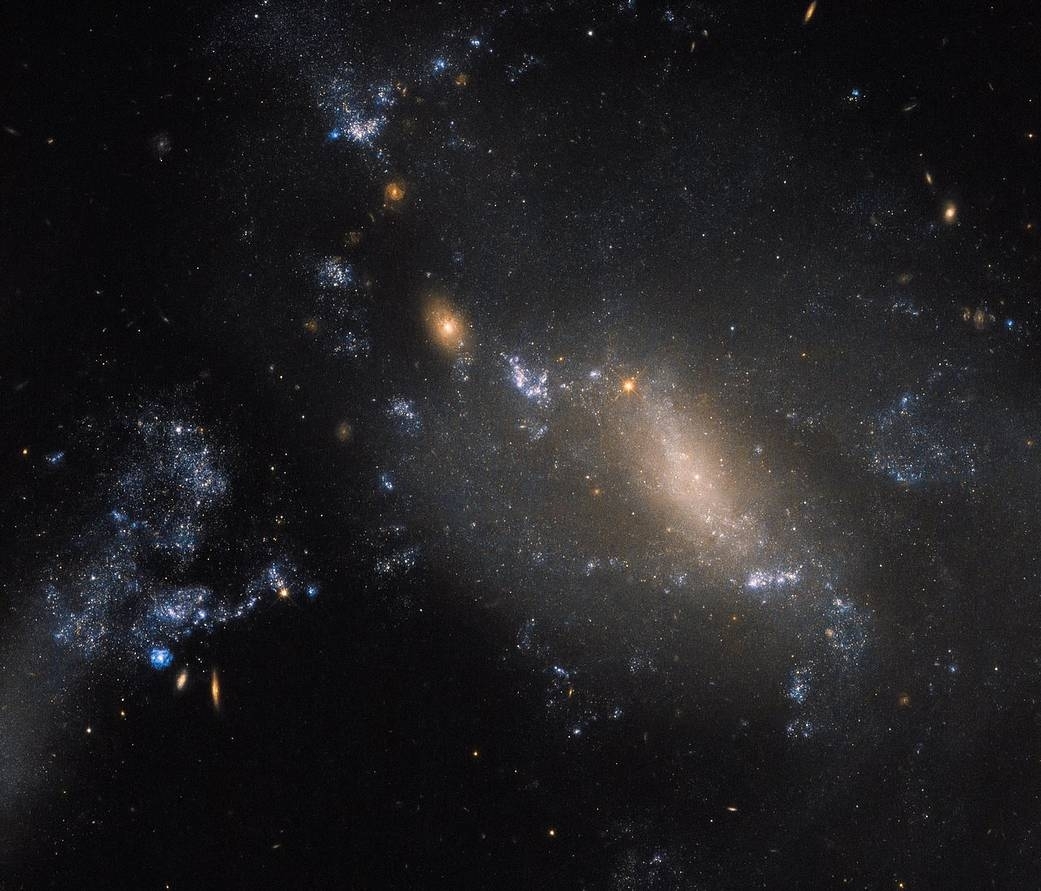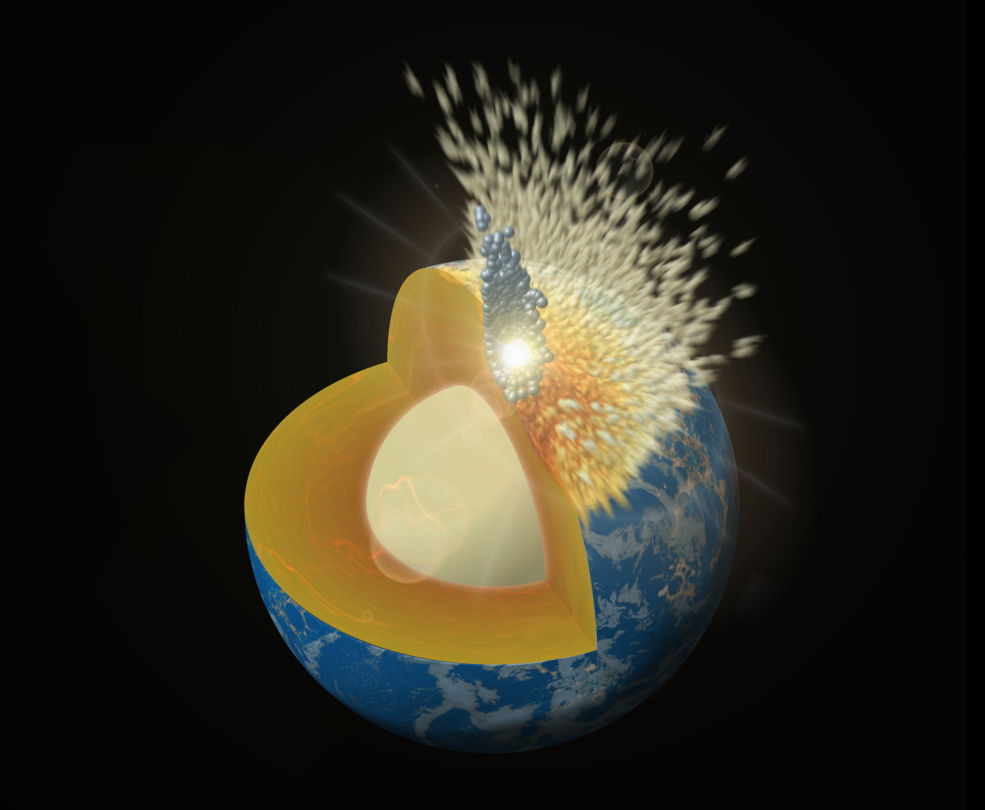This week in Space: The Big Bang theory, gold from alien worlds, distant new galaxies and more
IBTimes UK's science team brings you the biggest and best space stories of the week.





The past week has seen some incredible new observations and research emerge, which have highlighted exciting new information about the ever mysterious distant space. This week saw an alternative new theory to the Big Bang being presented by a Brazilian scientist Juliano Cesar Silva Neves. Dismissing the core principles of the Big Bang theory, Neves instead proposed an alternative theory, based on the "Bouncing Cosmology".
The past week also saw scientists map out massive, mysterious hydrogen clouds travelling across the Milky Way Galaxy at incredibly rapid speeds. Researchers hope that the map will help them better explore these clouds and uncover further details about how galaxies are formed.
IBTimes UK brings you the highlights of the most amazing space stories of the week to keep you updated on what's happening beyond our planet.
Dark matter shrouded distant galaxies likely hiding alien worlds
Astronomers discovered a pair of massive galaxies shrouded in a halo of dark matter, which may be hiding numerous alien planets. The new discovery has led researchers to consider whether dark matter could also likely play a role in the formation massive cosmic structures.
Gold and platinum may have come from alien worlds
A new study suggests that ancient planetary collusions that occurred even before the Solar System was formed, may have brought immense amounts of metals such as gold, platinum, and iridium. Researchers suggest that the Earth was hit by space rocks, which in turn added around 0.5 percent of additional matter to Earth's total mass. These additional materials, which were carried deep into our planet's core were metals like gold and platinum.
Nasa's Hubble finds powerful galaxy cluster that warps light
Nasa's Hubble found a massive cluster of galaxies which has such a strong gravity that it actually holds the thousands of star systems housed within it by itself. The cluster's surrounding gravity is so powerful that it warps spacetime around itself.
Scientists are baffled by this black hole with incredibly weak magnetic field
Researchers found a black hole, located around 8,000 light years away from Earth, which has a far lower magnetism than ever seen before. The black hole has baffled scientists as its magnetic energy is around 400 times lower than what has been estimated in the past. This is the first time that a black hole's magnetism has been accurately measured, which scientists hope will help them get a better understanding of the cosmic phenomenon.






